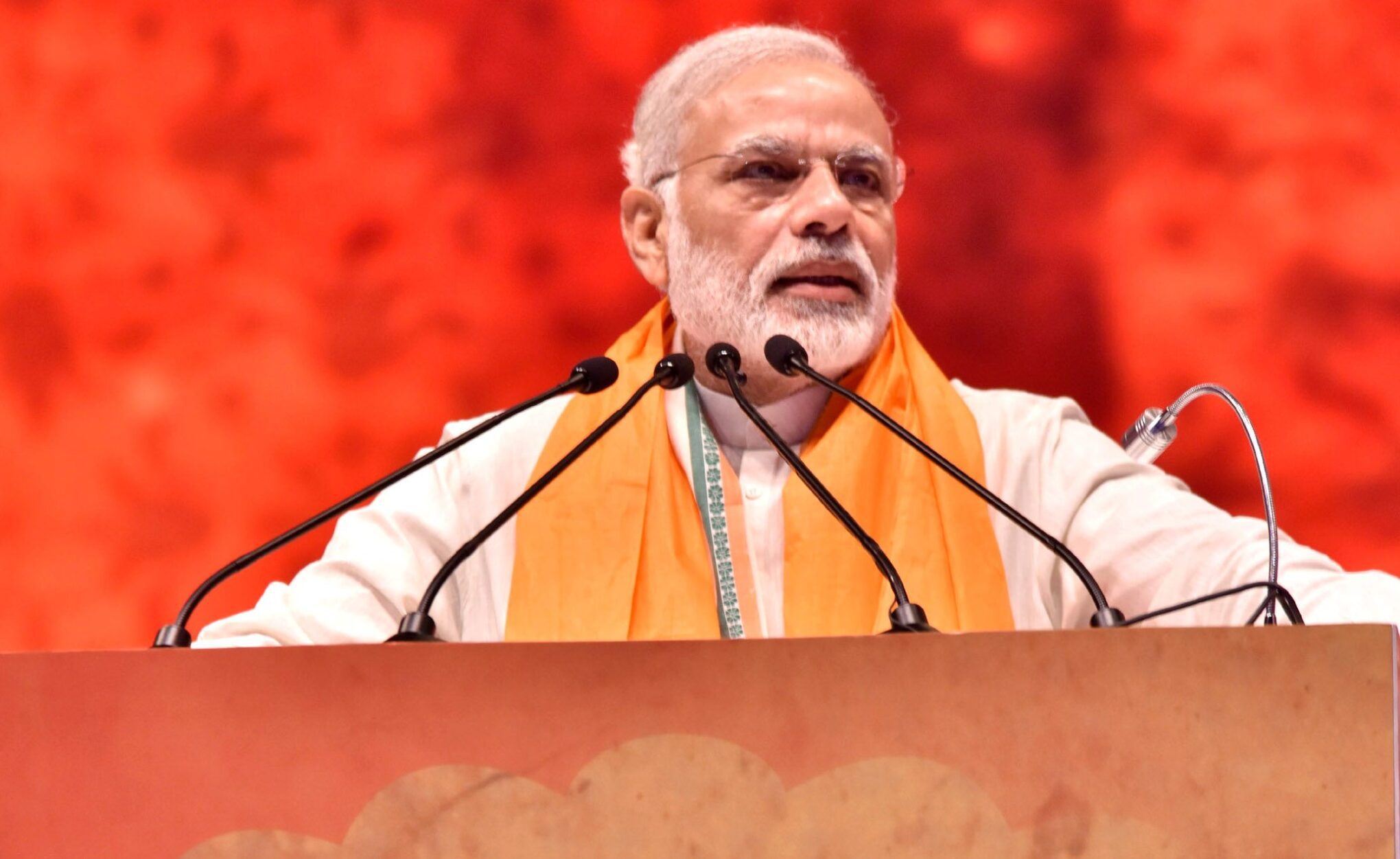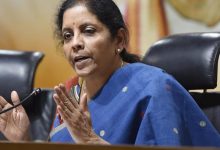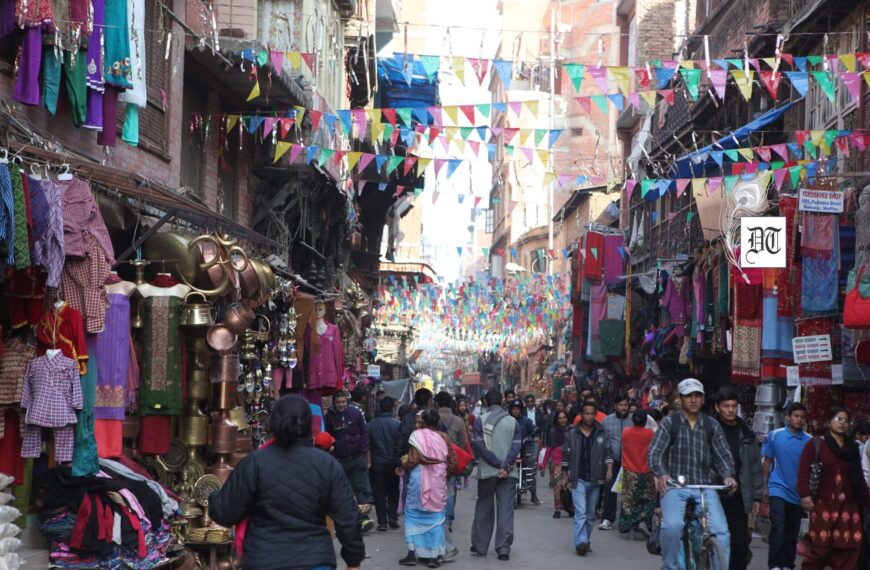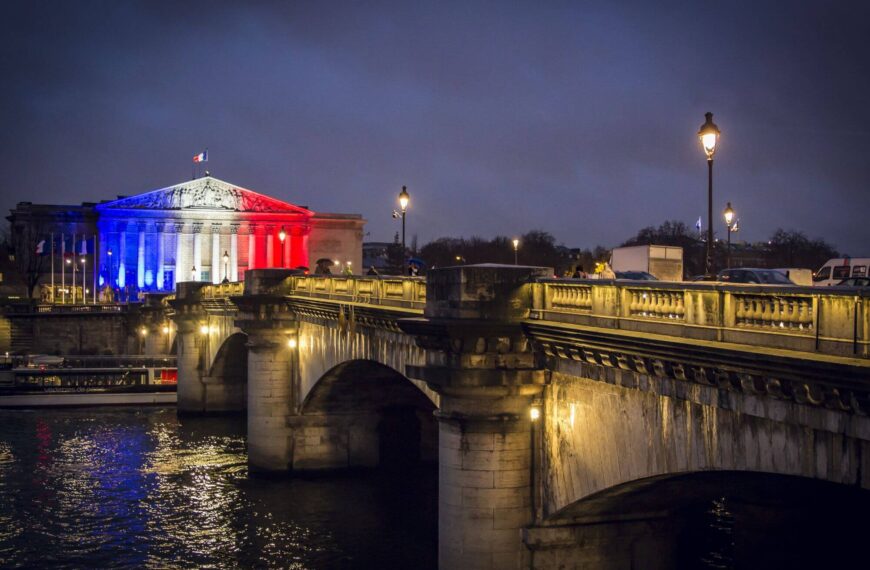The problem with such stage-managed shows is the fostering of an illusion of control and invincibility, which are the hallmarks of the Modi dispensation. These are standard techniques of authoritarian regimes which may work in a dictatorship but are out of place in democracies. This was the lesson which Indira Gandhi learned to her dismay when she told a journalist after her 1977 defeat that she did not receive any feedback about the prevailing discontent because of the press censorship. A report, for Different Truths.
As in London last April, Narendra Modi participated in a choreographed question-and-answer session in Singapore recently, where one of his responses was apparently to a pre-set query. The difference between the two events was that the BJP aficionado and censor board chief, Prasoon Joshi, managed to camouflage the pre-arranged nature of the show in London with much greater efficiency than what was done in Singapore.
The faux pas of the organisers in Singapore related to the mechanical act of the English translator of Modi’s replies in Hindi to read out in full the script that had been given to her, instead of confining herself to only the portion which the prime minister had said. Since the latter gave a much shorter reply to a question than what was apparently decided on earlier, the translator did not know where to stop and read out a much longer version of the speech.
It was an embarrassing episode which again showed that Modi preferred a pre-scripted interaction in order to avoid controversial issues. The problem, however, with such stage-managed shows is the fostering of an illusion of control and invincibility, which are the hallmarks of the Modi dispensation. The illusion is also created by the orchestrated chanting of “Modi, Modi” by cheer-leaders organised by the party, as in Shantiniketan recently. These are standard techniques of authoritarian regimes which may work in a dictatorship but are out of place in democracies. This was the lesson which Indira Gandhi learnt to her dismay when she told a journalist after her 1977 defeat that she did not receive any feedback about the prevailing discontent because of the press censorship.
It is possible that the present-day rulers, too, may find themselves to be out of touch with the popular mood if they keep themselves away from no-holds-barred press conferences and depend only on pre-arranged pow-wows with “reliable” scribes and expect the saffron social media trolls and heavily-biased television channels to give an idea of what the people are thinking. It is probably because the BJP leaders have been living in such an echo-chamber that they have failed to anticipate the shift in the public mindset that has been evident in a number of recent by-elections.
The carefully monitored shows in London and Singapore were noteworthy not only for the rehearsed interactive sessions, with the anchor, Prasoon Joshi, providing cues to the prime minister for indulging in self-praise about his energy and concern for the poor, but also for keeping out suspected dissenters from the audience. Where, for instance, was the professor who asked Rahul Gandhi during an unrehearsed interaction in Singapore last March about India’s economic woes during the reigns of the Nehru-Gandhi family?
A negative feature of living in a closed environment is not only to miss out on what the people outside are thinking, but also to breed a sense of hubris about the correctness of the path which the ruling party is following along with contempt for the existing norms. One of the examples of this disdain was the Karnataka governor, Vajubhai Vala’s decision to give as many as 15 days to the BJP’s chief ministerial nominee, B S Yeddyurappa, to prove his majority on the floor of the House even if the indulgent leeway was seen as an open invitation to defections. The Supreme Court’s curtailment of the time-limit to a day was, therefore, a well-deserved snub to the governor.
But the latter could have avoided such an admonition if he did not live in a secluded atmosphere of the party faithful and eschewed his partisan preferences on entering the Raj Bhavan. If he didn’t do so, it is because the BJP has apparently convinced itself that the 2014 verdict is an all-time declaration of faith by the people in the party, which is why BJP president Amit Shah has said that the BJP is looking forward to win all elections from panchayats to parliament for the next 50 years.
The objective is laudable and should perhaps be pursued by other political parties as well. But it nevertheless emphasizes the idea of a one-party rule which can also be seen in the BJP’s oft-repeated ambition of ushering in a Congress-mukt Bharat. Yet, when the Congress was in power at the centre and in most of the states, especially in the first 20 years after 1947, it never spoke of ridding the country of the various opposition parties. Instead, as observers have noted, the country’s first prime minister made it a point to attend the parliamentary sessions regularly and listen attentively to the opposition speakers.
Even if this belief in democratic traditions was trampled upon by the Congress during the Emergency, it was regarded as an aberration, as a Congress stalwart of the time, Y B Chavan, had said. Moreover, the party was punished for its sins by the electorate in 1977. In this context, BJP patriarch L K Advani’s statement a year after Modi’s assumption of power that the anti-democratic forces have become “stronger” and the more recent open letter by a group of retired bureaucrats about the growing authoritarianism are worrying signs.
Amulya Ganguli
©IPA Service
Photo from the Internet





 By
By

